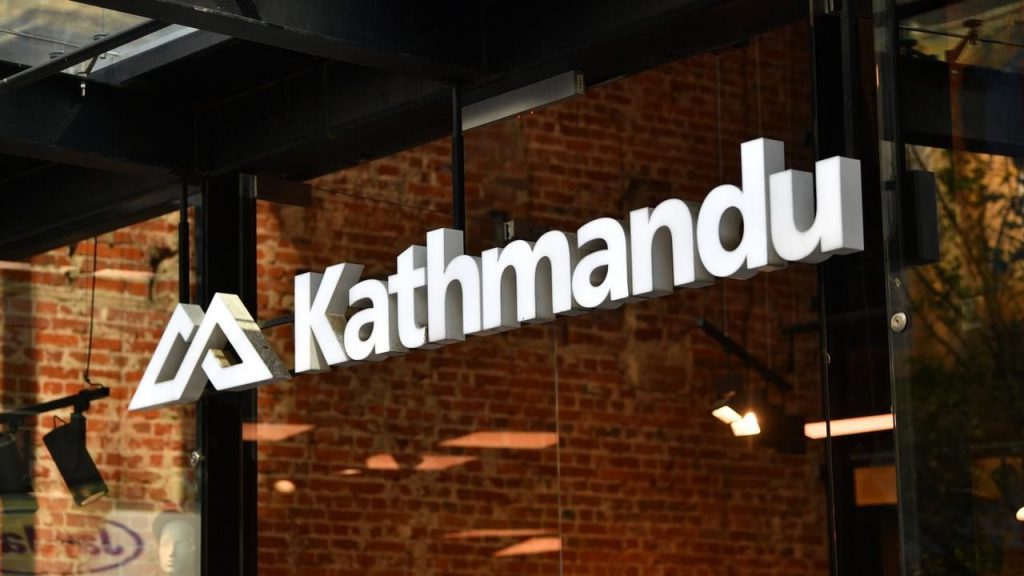Kathmandu Holdings Limited reported that total group sales for the 10 months ended May 31 were down 15.1 percent versus the comparable period last financial year. However, the company also said that since stores began reopening, retail stores and online sales have “generally exceeded management expectations,” further strengthening group liquidity.
Recovery of Direct to Consumer Channel
Kathmandiu said as lockdown restrictions have eased, it has allowed the majority of the group’s store network to reopen, with notable exceptions at airport stores. Same-store sales results for the last six full weeks from May 18 to June 28 (adjusted for stores still closed), are as follows:
- Rip Curl same-store sales up 21.0 percent, reflecting retail stores up 5.1 percent and online up 151 percent. Online contributed 22.6 percent of direct-to-consumer same-store sales.
- Kathmandu same-store sales were up 12.5 percent, reflecting retail stores growing 2.2 percent and online up 78 percent. Online contributed 21.4 percent of direct-to-consumer same-store sales.
Wholesale Substantially Impacted
Wholesale sales for the period through the end of May have been substantially impacted by COVID-19, with their return to growth lagging retail sales. Specifically, Rip Curl global wholesale sales were down 26.0 percent from the comparable seven-month pre-ownership period last financial year. Due to ongoing COVID-19 restrictions impacting wholesale customers’ retail operations, and the timing of seasonal range releases, Kathmandu said it is too early to assess the medium-term impact on wholesale demand.
Balance Sheet
In April, the group completed a successful NZ$207 million equity raise to strengthen its balance sheet and liquidity position in response to the COVID-19 pandemic. Based on the group’s current assessment of the operating environment and outlook, available liquidity in excess of NZ$300 million is expected at the end of this financial year.
Outlook
Based on current COVID-19 conditions globally, fiscal full-year 2020 adjusted EBITDA is expected to be above NZ$70 million. Kathmandu’s only gross margin is expected to be at the lower end of the 61 percent to 63 percent target range. There remains significant downside risk over future economic conditions, following the conclusion of Government assistance packages, further COVID-19 outbreaks as recently observed in Melbourne, and the impact of lower foot-traffic on CBD and tourist located retail stores from working and travel restrictions.
Commenting on the group’s latest outlook, CEO Xavier Simonet said: “Whilst we are pleased with the strong recovery in direct to consumer sales over the past six weeks, we remain cautious about medium-term levels of consumer demand. We believe that some short-term factors, including Government support packages and pent up demand are underpinning current sales. The heightened level of uncertainty that currently exists is likely to persist over the medium-term, and we are focused on being well prepared to respond to the associated risks and opportunities as they emerge.
“I want to again acknowledge the incredible effort and dedication of our teams. Our supply chain, offices, and customer-facing teams have worked tirelessly to adapt to the extraordinary challenges we have faced while continuing to put our customers first.”
Photo courtesy Kathmandu










